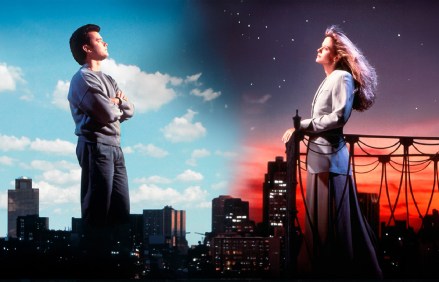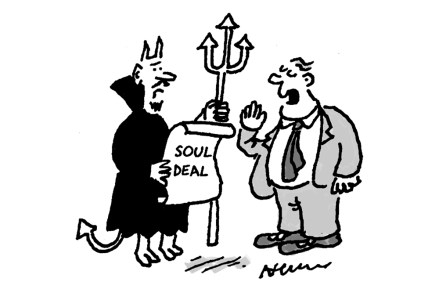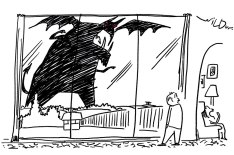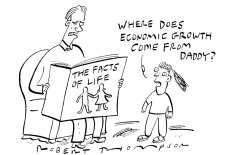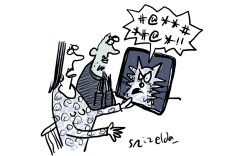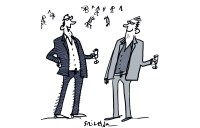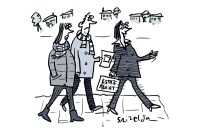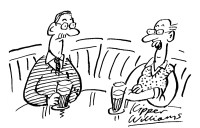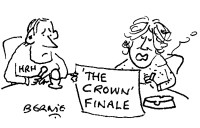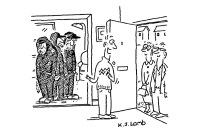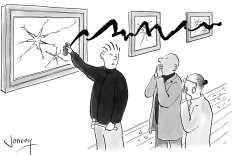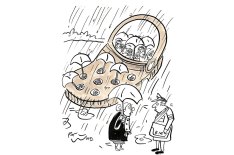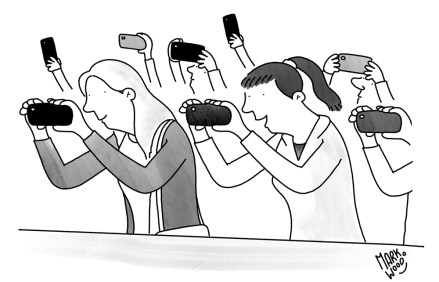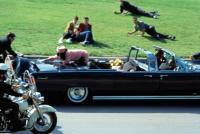How to date a widower
When is it acceptable to consider dating a widower? How do you know if they are still grieving and not ready to move on? According to statistics, men die earlier than women, so I was surprised this year to meet several whose wives had died before them. Divorced since the early 1990s, I had no intention of remarrying, but thought of striking up some sort of liaison with a widower. I had heard of women behaving in a desperate and undignified way, charging round with casseroles I had rejected two non-widowers, whom my grandmother would have described as ‘cast-offs’, meaning exes one mustn’t go back to. I knew I would
